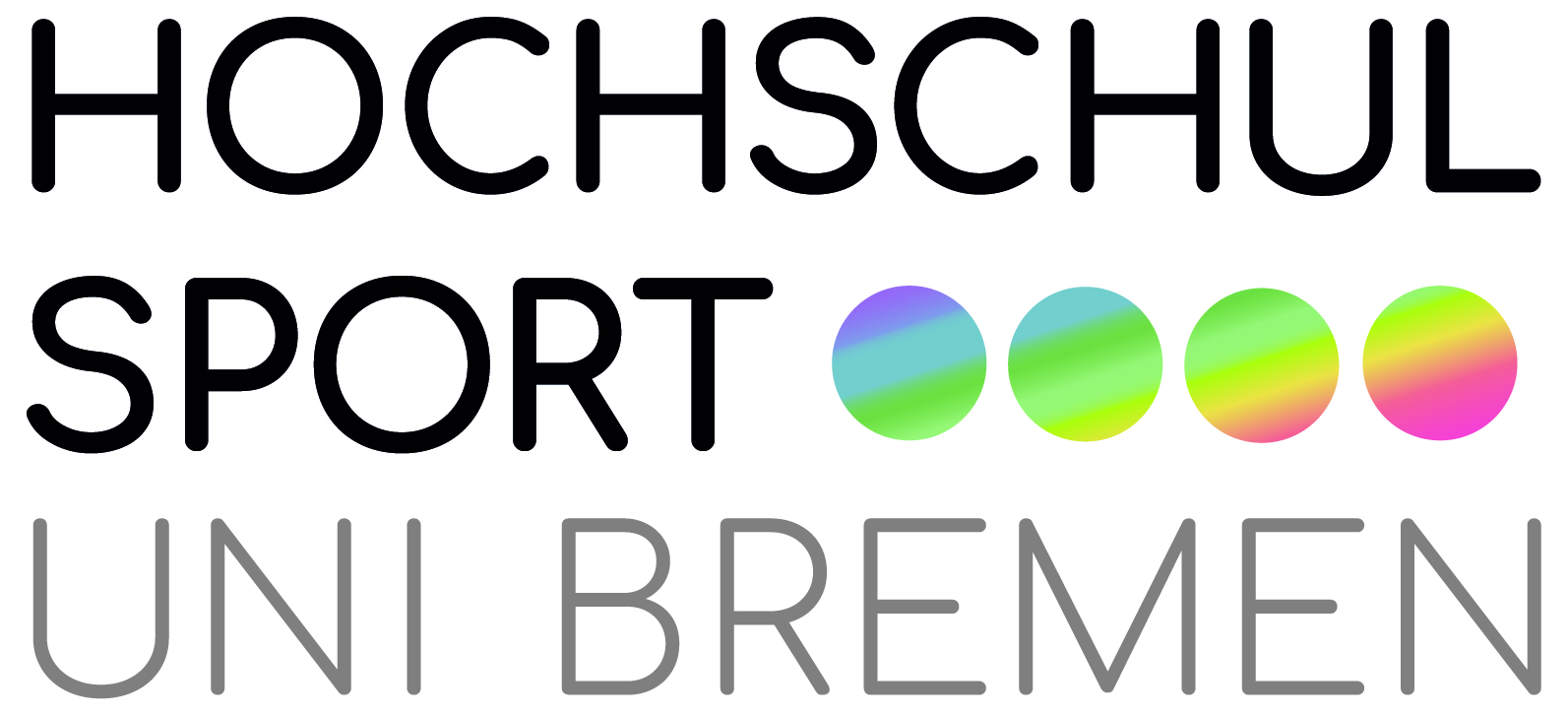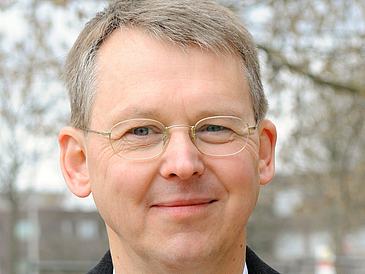“Forming” is the generic term for all manufacturing processes that involve the forming, or shaping, of metal and plastic materials. Currently, forming technology has to rely on lubricants to reduce friction and protect components from corrosion. For economic and ecological reasons, though, it would be better if we could dispense with the use of lubricants altogether. The future objective is to create the “lubricant-free factory”. And this is where the concept of “Sustainable Production via Dry Machining in Forming Techniques” developed by the Bremen research engineer Prof.Frank Vollertsen comes in. The German Research Foundation (DFG) has just included the concept among its ten new Priority Programs (PP).
The central objective pursued by this Priority Program is to develop new forming techniques with the aid of new technologies that will one day enable the lubricant-free factory. An additional incentive is that lubricant-free production leads to a more efficient use of resources and to increased productivity as result of reducing the number of work steps. The challenge facing researchers, though, is that ceasing to use lubricants in a machining process results in a more intensive interaction between the workpiece and the machining tool. The trick is to control this interaction somehow.
The Bremen concept was among the nine others that were successful in securing a Priority Program in face of competition from a total of 40 proposals. The project outline was developed together with Prof.Kirsten Bobzin (RWTHAachen), Prof.Alexander Brosius (TUDortmund), and Prof.Hans Jürgen Maier (Uni Paderborn). Vollertsen, coordinator of the new Priority Program, is a professor in the Faculty of Production Engineering at the University of Bremen and leader of the Bremer Instituts für angewandte Strahltechnik GmbH (BIAS) at the University of Bremen.
DFG Priority Programs are established in order to promote joint research on complex cross-disciplinary topics and to pool the know-how of different institutions. All programs have in common the intensive advancement of young researchers: This is an essential condition for gaining approval for a new Priority Program. The ten new Priority Programs will have a total of some 60 million euros at their disposal. DFG Priority Programs usually run for a period of six years.
Further information can be obtained from:
Universität Bremen
BIAS – Bremer Institut für angewandte Strahltechnik GmbH
Prof.Dr.-Ing.Frank Vollertsen
Phone: +49 421 218-58022
E-mail: berkprotect me ?!biasprotect me ?!.de
http://www.bias.de


